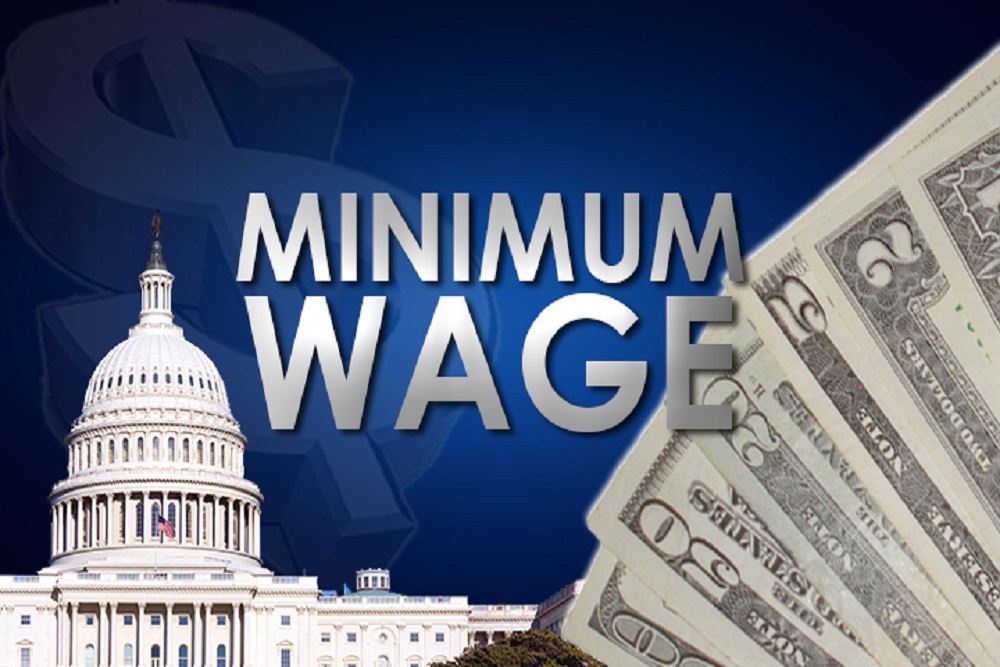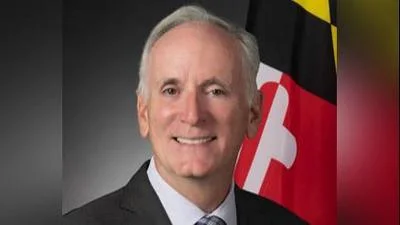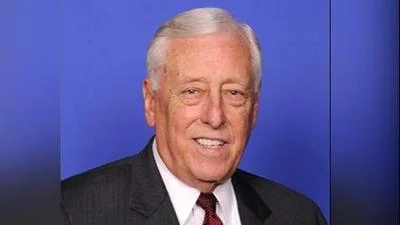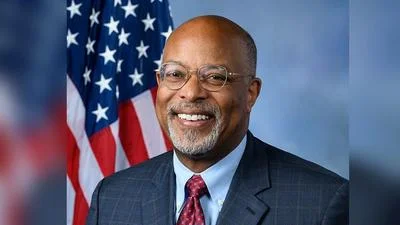Maryland Chamber of Commerce issued the following announcement on Feb. 18.
Maryland policymakers always note that businesses don’t show up to testify. Not today. From Allegheny to Worcester, businesses small, large and in between came to Annapolis to fight against $15 minimum wage. More than 25 members of the Maryland Chamber of Commerce flocked to the state capital to testify against HB 166, legislation looking to raise Maryland’s minimum wage to $15 per hour. No matter the size or county, one fact remained the same—$15 minimum wage will harm these employers’ businesses.
The day started out at the Maryland Chamber offices, as members gathered to share stories with other employers and the media about how an increase in minimum wage will impact their business. Concerns ranged from the cost to small businesses, the challenge in finding entry-level work, the cost to consumers, the competitiveness of the state and more.
Today, at the house just one bill was presented—for good reason. The halls were packed with both proponents and opponents, a crowd of unparalleled size during the legislative session.
For chamber members, the legislation, as written, will hit small businesses the hardest.
“I think it’s a very short-sighted solution to a bigger problem. I’ll have to take from the benefit package or somewhere else to offset an increase in minimum wage to $15,” says Katarina Ennerfelt of Toroid Corporation. Referring to wage compression, she mentioned, “A $15 minimum wage would cause a 45 percent increase over my whole payroll. Delaware is only five miles away and Virginia is 40 miles. We have plenty of options to move our business if $15 minimum wage is passed.”
Toroid isn’t the only business looking to leave Maryland if this bill passes, if the minimum wage increases to $15/hr it will be one of the highest in the country and will drastically decrease regional competitiveness. Currently, the minimum wage stands at $10.10/hr., which is $2.85/hr. above the Federal, Pennsylvania and Virginia standards, and $1.35/hr. above the West Virginia standard. Many businesses are prepared to leave because otherwise they will have to shut down.
An increase in minimum wage will also have disproportionate negative impacts in more rural areas of the state. Hale Harrison of Harrison Group Resort Hotels and Restaurants expressed that on the Eastern Shore, businesses are mostly seasonal and operate on thin profit margins. In order to afford to keep businesses afloat, owners will have to, in turn, raise the price of their goods and services. As a direct result, consumers will see the price of staple goods rise. For those that do not receive a wage boost, this turn into a loss of purchasing power as prices increasing.
While businesses owners were definitely heard by legislators today, continued support at the February 21st hearing with the Senate at 1 p.m. will be crucial in the fight against fifteen. Sign up now.
Original source can be found here.

Source: Maryland Chamber of Commerce






 Alerts Sign-up
Alerts Sign-up